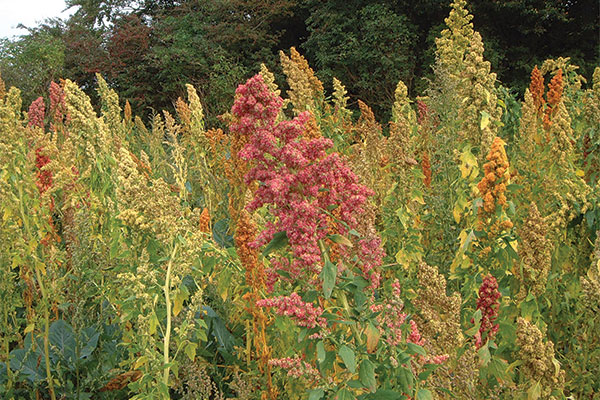
Going undercover
It’s time to make decisions about your cover crops for next season and Julia Newman has some sound advice.
Get information on the legal shooting season for mammals and birds in the UK.
Apply for funding for your project or make a donation today
Comprehensive information and advice from our specialist firearms team.
Everything you need to know about shotgun, rifle and airgun ammunition.
Find our up-to-date information, advice and links to government resources.
Everything you need to know on firearms law and licensing.
All the latest news and advice on general licences and how they affect you.
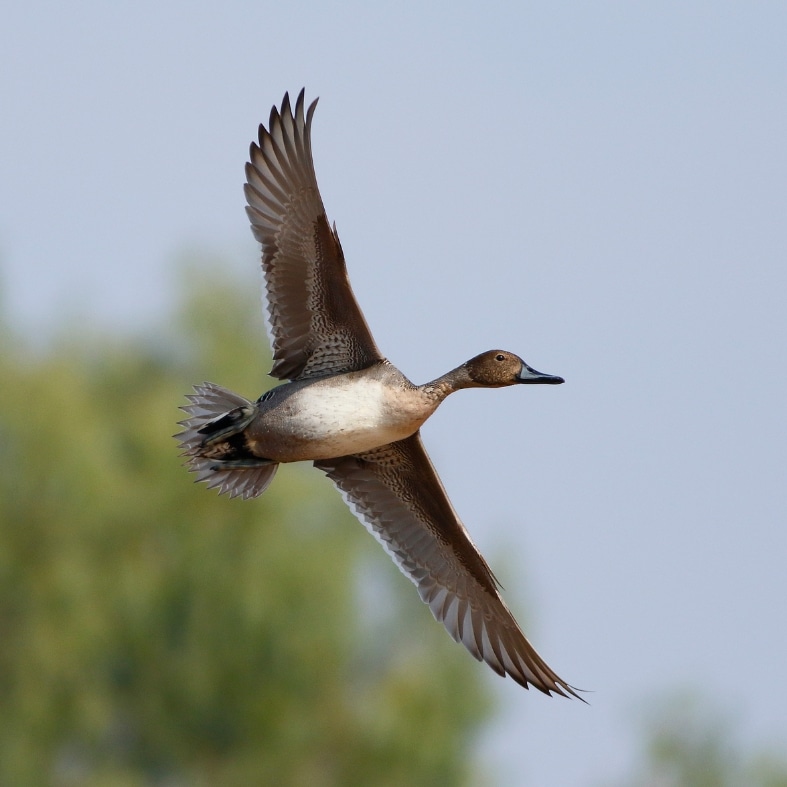

Migratory species – by definition – cross international borders, presenting challenges to policy makers and conservation groups, says BASC’s Dr Alex Murray.
The Convention on Migratory Species (CMS) is an international agreement between 133 countries, including the UK. It is a wide-ranging treaty that provides a framework for the protection and conservation of migratory species from snow leopards to chimpanzees and porpoises to falcons.
Migratory species face dozens of threats through their journeys including pollution, vessel strikes and energy infrastructure such as power lines and wind turbines. The UK has significant populations of migratory birds (e.g. pintail, pochard and goldeneye) and, as the CMS also addresses issues such as the unsustainable hunting and the poisoning of species, BASC attended the Conference of the Parties (COP14) which took place in Samarkand, Uzbekistan from 12-17 February.
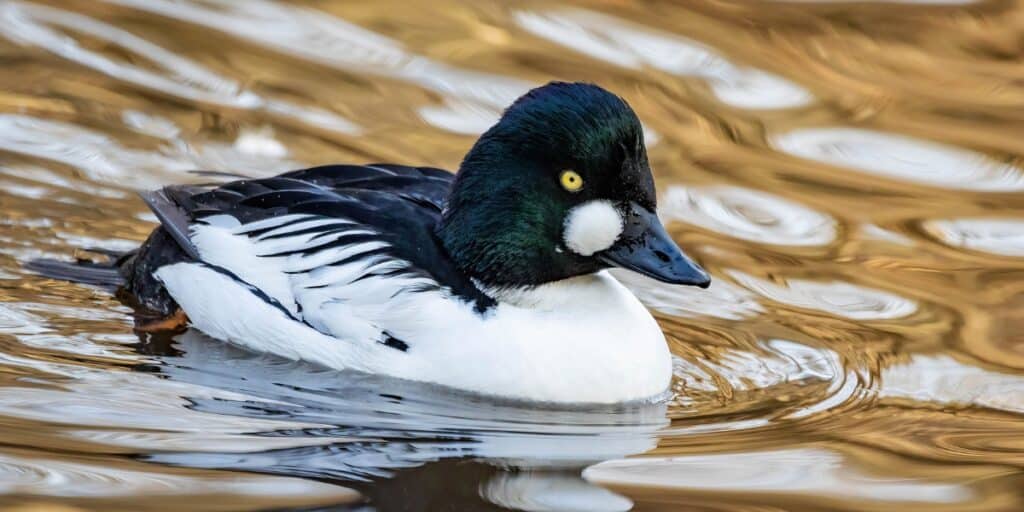
Although Samarkand is more than 3,500 miles away, decisions made at international conferences such as COP 14 directly affect the making of wildlife and conservation laws or policies here in the UK.
Brexit has added a degree of clarity to the UK’s position on these matters. Previously, the UK formed part of the EU delegation which negotiated as a bloc. This meant that individual countries’ positions were difficult to detect from the common position adopted by the EU.
Now, the UK is represented by a large delegation from DEFRA. Therefore, it is essential BASC has a seat at the table to ensure we are aware of major issues as they develop at the highest level. Doing so gives BASC advance notice of anything likely to affect the status of shooting in the UK and the ability to respond at the earliest opportunity.
By attending international conferences alongside other hunting and conservation organisations such as FACE (The European Federation for Hunting and Conservation), of which BASC is a member, we can ensure shooting’s interests are appropriately represented. This is particularly important because such conferences discuss many issues in parallel at various working groups. Equally, partnership working with organisations like FACE ensures we are involved throughout the entirety of the process.
Increasing our active participation at this level presents BASC with several advantages when engaging with policy processes, a point not lost on organisations such as Birdlife and the RSPB, both of whom send much larger delegations to the likes of COP14.
Several issues relevant to BASC members were discussed at COP14. These included the sustainable taking and harvesting of wildlife, the continuation of which being a matter of direct concern to British wildfowling.
Other matters included the UK Reach process and lead ammunition in relation to the poisoning of migratory species. Earlier interventions had improved the original language but there was always the possibility of the subject being opened for wider discussion leading to tighter restrictions on the use of lead ammunition.
Other themes discussed gave important indications about future direction of policy and the framing of debates. For instance, significant emphasis was placed on the idea of ‘local community’ knowledge and its importance to conservation.
Through active engagement with policymakers at events such as COP14, BASC will continue to ensure our members’ voices are heard across borders.
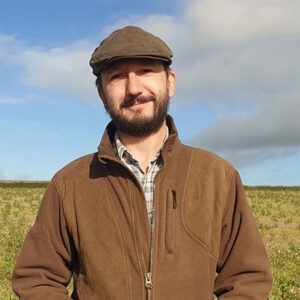

It’s time to make decisions about your cover crops for next season and Julia Newman has some sound advice.

The new Natural History GCSE has the potential to engage thousands of schoolchildren each year.
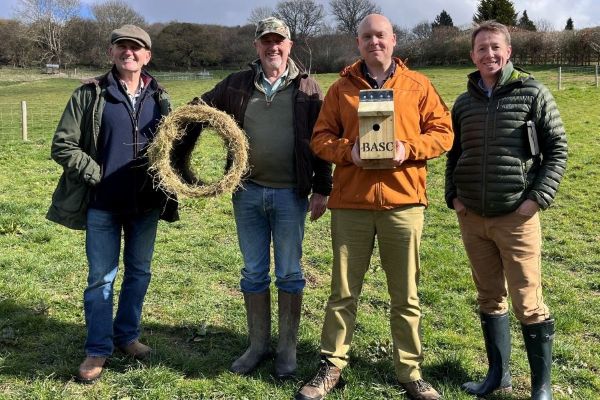
Tewkesbury MP Cameron Thomas saw the benefits of conservation work up close on a recent visit to a local syndicate shoot.